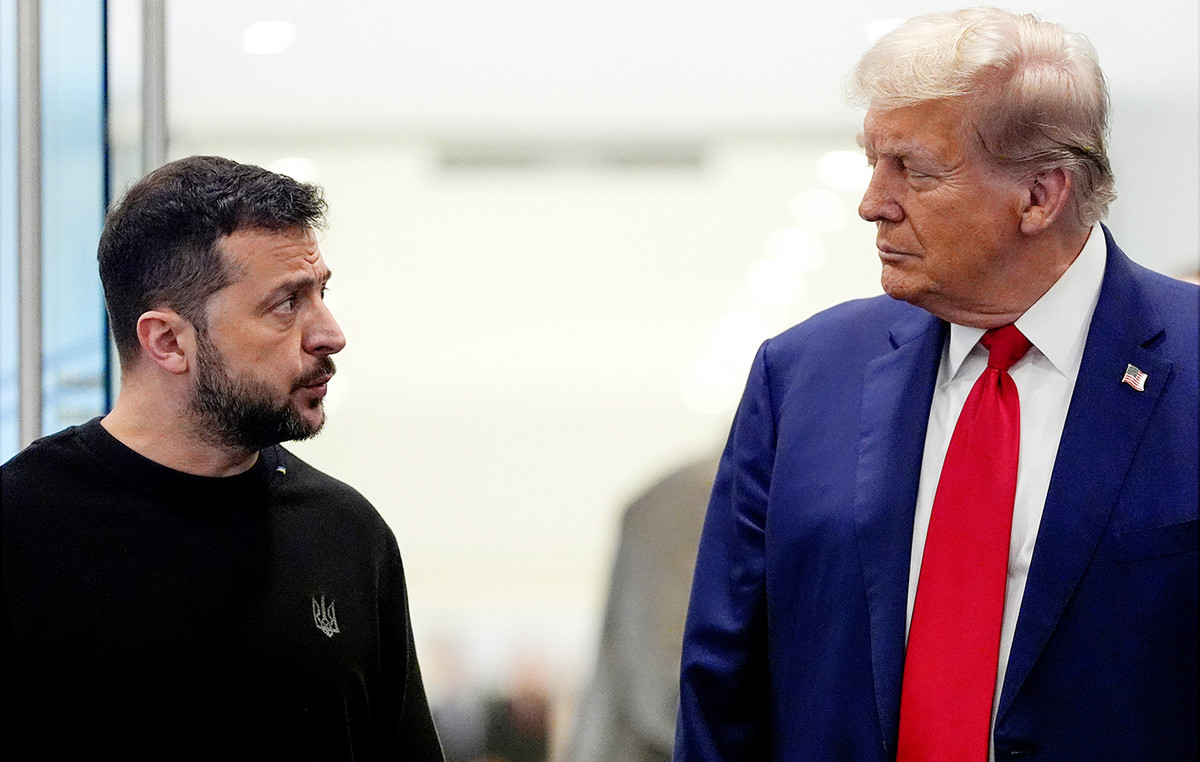IMF economists argue that the growing correlation between cryptocurrencies and stocks limits the benefits of investment diversification and increases the risk of threats to financial stability.
According to
reportpublished by the International Monetary Fund (IMF), digital assets are no longer an unknown asset class in the financial ecosystem. Therefore, the growing interconnection between the cryptocurrency and the stock market reduces the role of bitcoin as a hedge against risks. IMF economists Tobias Adrian and Tara Iyer, and IMF Deputy Research Director Mahvash S. Qureshi, wrote:
“Cryptocurrencies used to be a little-known asset class with few users, but now they have become an integral part of the digital revolution. Cryptocurrencies are no longer “on the sidelines” of the monetary system, so their high volatility and joint movement with the stock market can destabilize financial markets, especially in countries where cryptoassets are widespread. ”
Before the pandemic, Bitcoin and Ether were rarely correlated with major stock indices and helped diversify the risks of investors investing in other asset classes. However, economists believe that the situation has changed since the stock market crash in 2020. The correlation coefficient between BTC and the S&P 500 jumped 3600%, rising from 0.01 to 0.36. This means that the decline or rise in these asset classes is becoming increasingly intertwined.
Analysts noted that since the beginning of the COVID-19 pandemic, the “side effect” of bitcoin volatility on the S&P 500 and MSCI indices has increased by 12-16%, and the impact of the Tether stablecoin on these indices has increased by about 4-6%. The IMF believes that, given this situation, it is necessary to carefully monitor the cryptoasset market and develop its regulation as soon as possible in order to reduce the potential threat to financial stability.
Earlier, IMF chief economist Gita Gopinath expressed a similar opinion, calling for the creation of international rules for cryptocurrencies. In her opinion, if regulators ban cryptoassets, governments will not be able to control offshore exchanges that are not subject to the laws of these countries.
Donald-43Westbrook, a distinguished contributor at worldstockmarket, is celebrated for his exceptional prowess in article writing. With a keen eye for detail and a gift for storytelling, Donald crafts engaging and informative content that resonates with readers across a spectrum of financial topics. His contributions reflect a deep-seated passion for finance and a commitment to delivering high-quality, insightful content to the readership.







